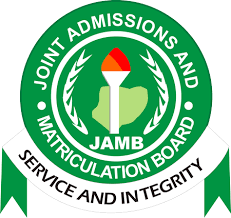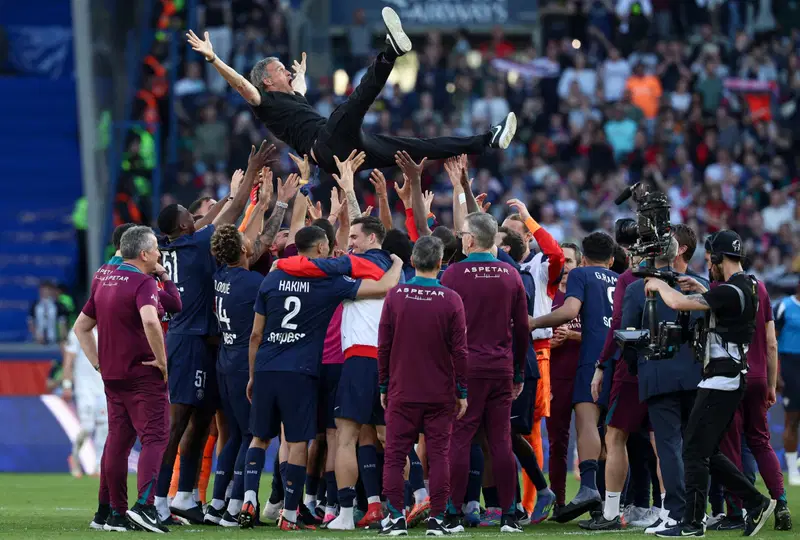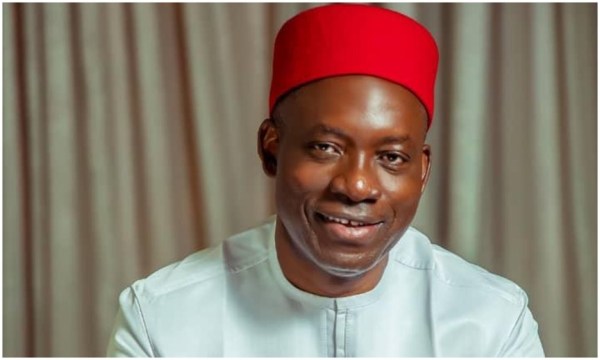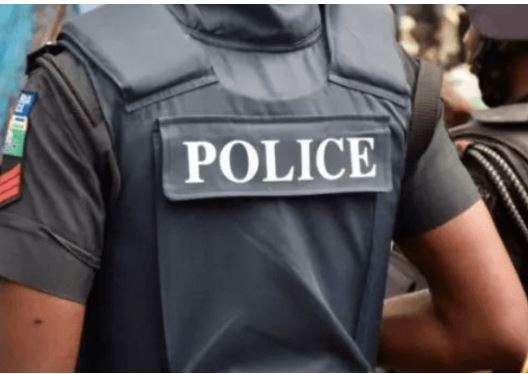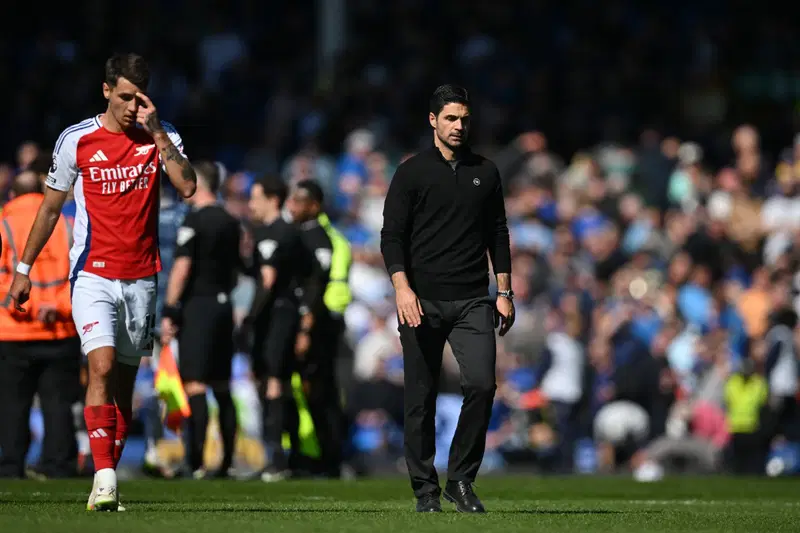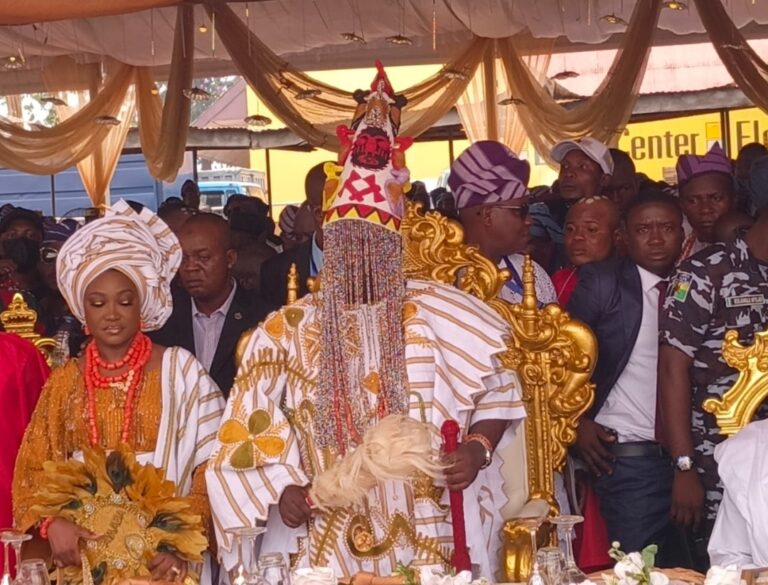Stakeholders have called on political parties and the National and States Assemblies to provide leeway for women’s political participation through legislations.
The submission was made on Monday at a one-day CSO-Political Party Roundtable on Women’s Political Participation, organised by Kimpact Development Initiative in Osogbo, Osun State capital.
According to the Executive Director of KDI, Mr Bukola Idowu, the engagement was aimed at analysing the low participation of women in politics space, most especially, as regards holding offices.
According to Idowu, last election showed that the women’s chances nosedived as most those who contested elections lost their bids. He said constitutional provisions that guarantees participation of women is the best way to go.
“Look at a constitution that says if the Chairman of a party is a man, the vice chairman should be a woman and vice versa, that could encourage female participation. But as it is now, when you look at most political parties, the only role given to women is national women leader and basically to mobilize and I think we can do better, maybe if we begin to adjust our constitution, we can have a policy as a political party.
“We all know that giving women free forms to contest has not been working in the past. But, I think we can have more women participation. However, it goes beyond what we can have here, because when we have them more in your political party EXCOs then it translate to you winning the election.”
Idowu called on men to support the participation of women, stating that nation’s development requires contribution of women.
In his address, the Resident Electoral Commissioner in Osun State, Dr Mutiu Agboke said issues of cultural background, beliefs and financial constraints are parts of factors retarding the participation of women in politics.
Represented by Francis Adewale, the Head of Voter Education, the REC also alluded to unfavourable party structures, while calling on party leaders to address gender gap.
He said, “Most keen issues, we have a cultural background, financial constraints, and we also have gender-based violence. We also have a party structure not favorable, with women having their say in most of these elections. What do I mean? Because some countries and States do not believe in women leading and that has caused them a lot of problems in being able to stand out to represent the community and society.
“Concerning the financial constraints, I don’t think our women have the finances to weather the storm from the primary in terms of election finances right from the primary election, which can serve as a challenge in coming out to contest during the election. These are some of thing that political parties should address in order to bridge the gap identified in the system.”
A gender advocate, Labake Ogunbela said the task of bringing women to the forefront is a task for all. She said 50% of the entire population can not be sidelined while we expect development.
“ According to Ogunbela, “A nation cannot fully developed when 50% of its entire population is sidelined. This is why we are here today to talk about the challenges women are facing. We have a lot of them, there are traditional challenges, cultural barriers, and other gender roles that are affecting women to maximize their gender roles. I mean traditional gender roles, I mean balancing work life with other family life, so here we are advocating for the involvement of government and policy makers to make policy and put legal framework in place that will help the women. We should factor in all this constrains and then we should create a solution maybe a compulsory affirmative actions, or a legal form that will request political party to present female figures as their flag bearers not just as voters or dancers during campaign but people who are flag bearers go into the parliaments to make policy and decisions that will better affect the entire country.
According to Ogunbela, “A nation cannot fully developed when 50% of its entire population is sidelined. This is why we are here today to talk about the challenges women are facing. We have a lot of them, there are traditional challenges, cultural barriers, and other gender roles that are affecting women to maximize their gender roles. I mean traditional gender roles, I mean balancing work life with other family life, so here we are advocating for the involvement of government and policy makers to make policy and put legal framework in place that will help the women. We should factor in all this constrains and then we should create a solution maybe a compulsory affirmative actions, or a legal form that will request political party to present female figures as their flag bearers not just as voters or dancers during campaign but people who are flag bearers go into the parliaments to make policy and decisions that will better affect the entire country.
“So my position is that Nigeria will grow faster and higher into a better if women are properly allowed to take their positions in decision making.”
The programme had two panel sessions, with seven panelists. Participants were also allowed opportunity to make contributions.
